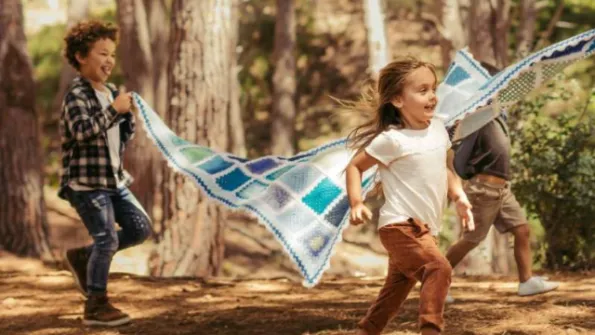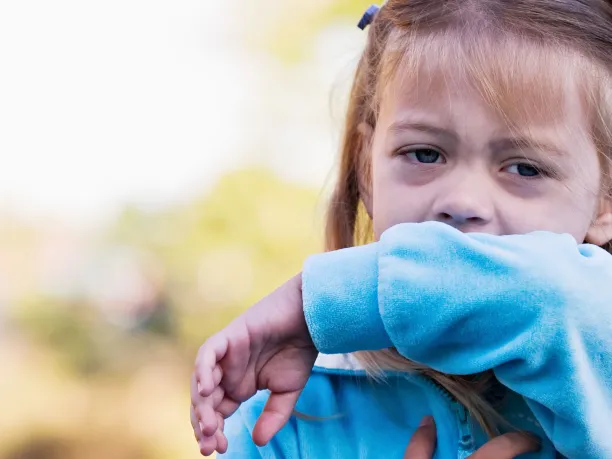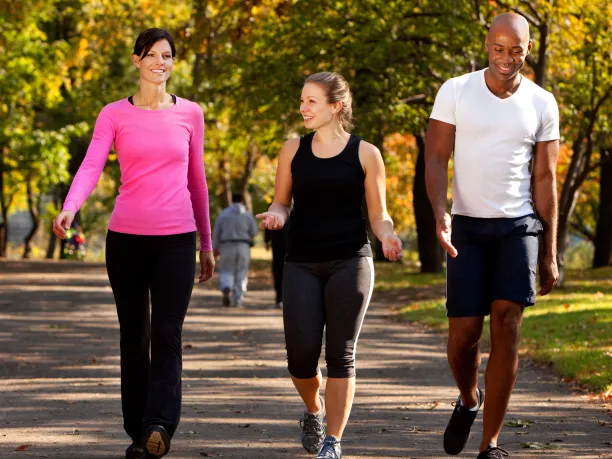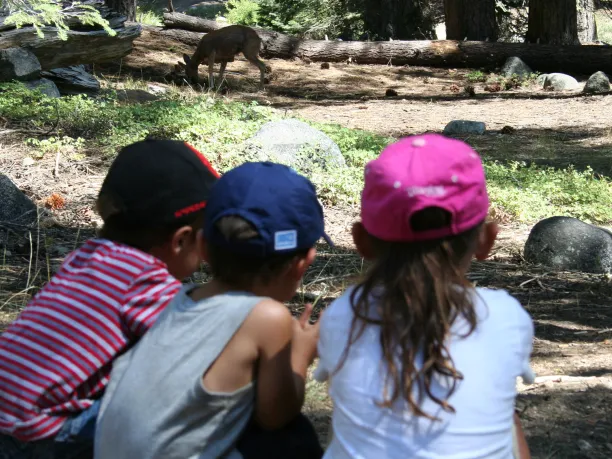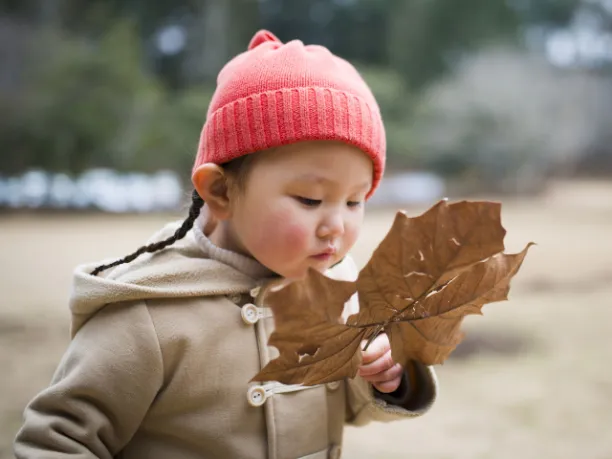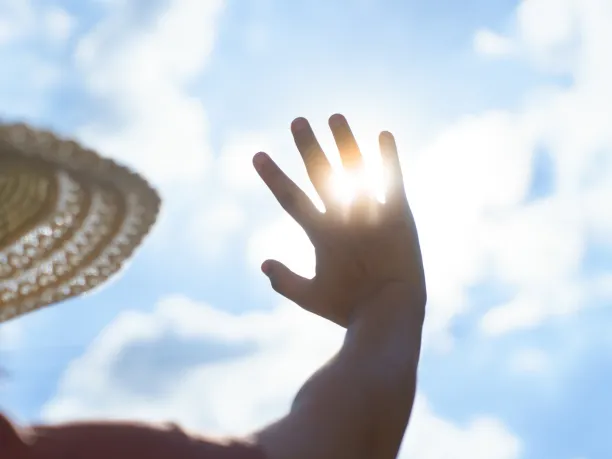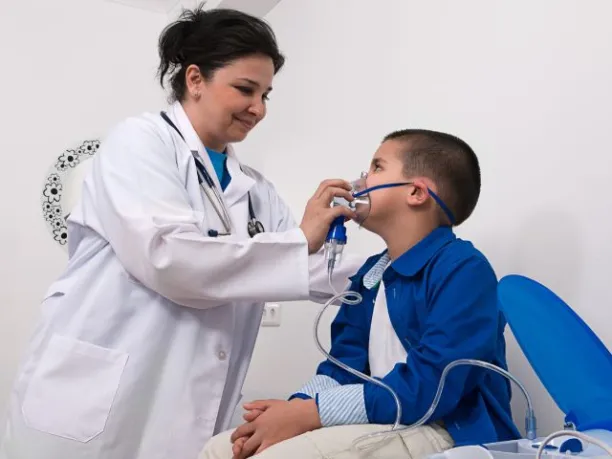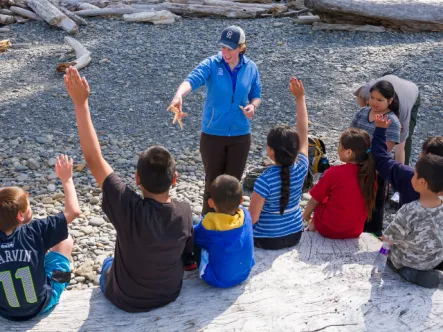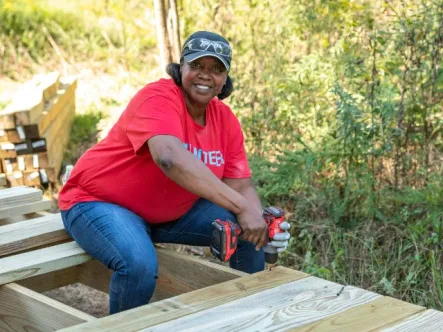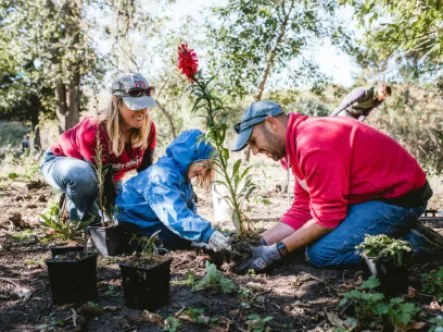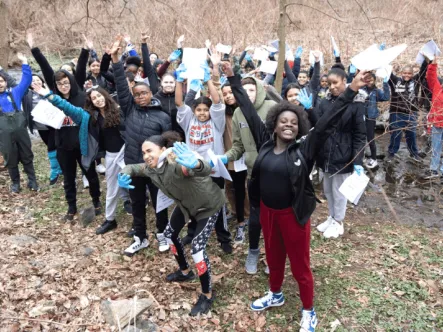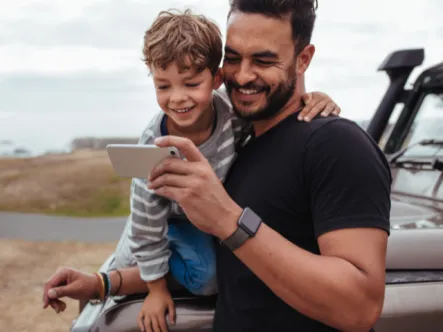What We Do
Health
Resources and training for health professionals and caregivers to address environmental impacts on health
supporting a healthier future
NEEF's health programs give healthcare providers and caregivers tools and training to address environmental impacts on health and improve patient outcomes, with an emphasis on children and disproportionately impacted communities.
Our in-person and online training and resources help professionals view patient health from a holistic standpoint—evaluating a patient's environmental history, identifying environmental triggers of pediatric asthma, considering outside factors through an environmental justice lens, and promoting outdoor activities—to help prevent a variety of health conditions including obesity and diabetes.
Environmental Health resources
NEEF collaborates with respected organizations and professionals to deliver free webinars and resources addressing crucial environmental health issues, offering insightful discussions and practical steps and resources for healthcare professionals, educators, and community leaders.
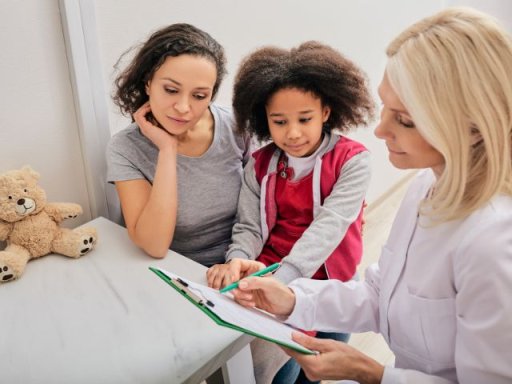
NEEF’s Environmental History Form for Pediatric Asthma Patients is now available in six languages: English, Spanish, Arabic, Simplified Chinese, Tagalog, and Vietnamese. This intake tool helps healthcare practitioners identify potential asthma triggers, such as pet dander, smoke, and indoor air pollution, in children’s daily lives.
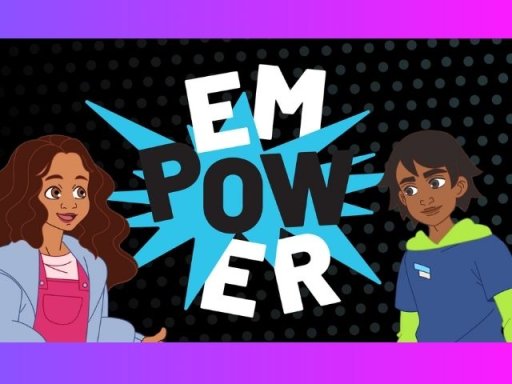
EMPOWER is a dynamic educational multimedia collection developed by NEEF and Hip Hop Public Health to make asthma management relatable to young people. Comprised of original songs and animated videos, EMPOWER aims to inspire young people with asthma to take charge of their health with self-management skills.
Spending time outside can benefit health and well-being, and various studies demonstrate a clear connection between being outdoors and better health.
Health Resources
Human Health in a Changing Climate
Global climate change is projected to have profound effects on human health, especially for vulnerable groups...
Adult Health and Nature Fact Sheet
NEEF's Adult Health and Nature Fact Sheet reviews the current state of adult health and published literature...
Children’s Health and Nature Fact Sheet
NEEF's comprehensive Children's Health and Nature Fact Sheet contains highlights of published literature...
Children and Nature Infographic
NEEF's Children and Nature Infographic offers a visual display on how being active in nature can lead to...
Extreme Heat and Your Health
Climate change is making heat waves worse. Learn how to stay safe and protect your health in extreme heat.
Stay Safe in the Sun and Heat This Summer
To stay safe while chasing the sunshine, balance the benefits of getting outdoors with the need to protect...
Addressing Common Asthma Myths
Over 25 million people in the US have asthma, and it's the leading chronic disease in children. We tackle some...
